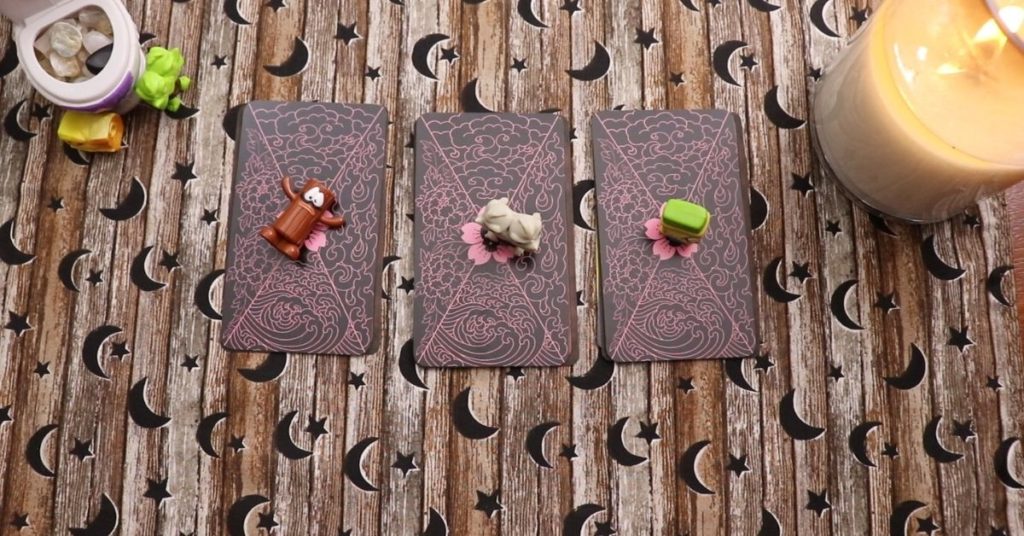Ok, now that we’ve established that tarot has no rules, let’s talk about the rules.
I know! You’re thinking “What the hell???”
Let’s go back to that first reference to tarot as a divination practice in 1750. That was 270 years ago. Since then there have been many, many, many (oh so many) practices developed and refined. Some remained local and specific, others died out over time and still others look nothing like they did back then. But, some survived in one form or another, until we see the various practices we have today. That would include the Rider-Waite Smith, Thoth, and Marseille. Then there’s Tarot’s cousins, Lenormand and Kipper. And lets not forget the most diverse, yet least recognized: oracle cards.
So, what rules matter to us? None of them, and all of them. Simple right? Ok you got me there, not simple at all. There’s a reason why there are so many books about cartomancy, divination and Tarot.
So let’s identify what is and isn’t true:
Each card has a fixed meaning. False.
Cards within a given system will have similar meanings, but each deck, book and individual reader will have their own slightly (and sometimes completely) different take on the meaning of a particular card. Reason number 1 to not worry if you have a slightly different take on some, most or all of the cards in your deck.
Your deck won’t “work” if you don’t follow clear rules. False.
Your deck won’t work if you don’t use it. Your deck also won’t work if you ignore your own intuition just so you can follow someone else’s rules.
You must take an intensive (read: expensive) course or be “certified” to become a competent and/or professional Tarot reader. False.
Taking a course(s) can be very helpful for a very large list of reasons, but there are no standards that must be met to be considered capable either privately or professionally. To be blunt – anyone who tells you that you need certification or recognition of any kind to practice tarot (even professionally) is lying to you.
Intuition is an important part of Tarot. True and false
A tarot reading can be just reading off individual card meanings and calling it a day. For some people it’s an intuitive experience. You are not obligated to be one or the other and most people find themselves mixing both in their own unique way. This is true whether or not you prefer to memorize the cards per community standards or insert your own unique take on each card.
Tarot is a spiritual practice. True and false.
While Tarot is very much a spiritual practice for many people, it is by no means a requirement to be able to read tarot effectively. There are people of all walks and all faiths who read Tarot.
I could go on.
The point here is that while there are many general “rules” to Tarot, it’s up to you to make use of the parts of those rules that work best for you, and to either adapt or ignore the rest. Give yourself permission to put your own unique twist on it to get your best results. To be sure those results are not, and never will, look exactly like anyone else’s, AND THAT’S A GOOD THING.


This blog post was a very good thing!
Thanks Peggy